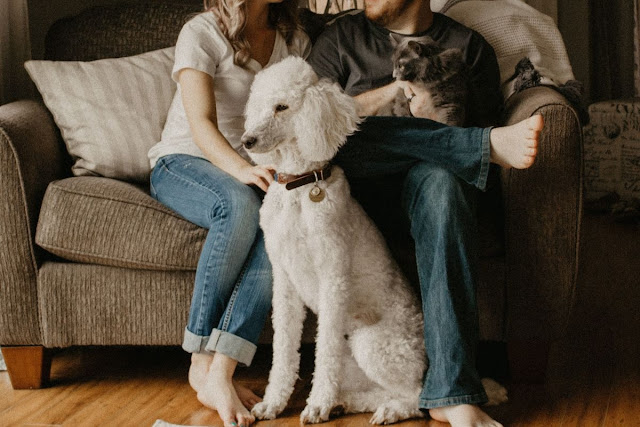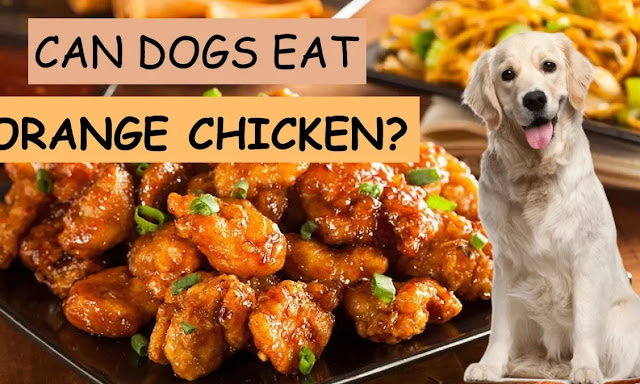Do my dogs get jealous if I kiss my husband or wife?
Is your furry friend feeling a little left out when you shower your partner with affectionate kisses? Don't worry, we've got you covered! In this post, we'll explore the likely reasons why your dog gets jealous when you engage in a romantic smooch fest and provide practical solutions to help address this behavior.
Understanding why your dog gets jealous when you kiss your wife or husband is the first step in finding a resolution. There can be a variety of factors at play, so let's delve into some potential causes and how to address them.
Your dog craves attention:
One possible reason for your dog's jealousy is a desire for undivided attention. If you tend to shower your dog with affection or it actively tries to wedge itself between you both during a smooch session, attention-seeking might be the culprit. To tackle this, avoid rewarding your dog's jealousy with attention. Instead, ignore the behavior until it ceases barking, and make a point to reward your dog with attention when it exhibits good behavior. This way, your dog will learn that positive conduct receives attention, while jealousy does not.
Lack of understanding:
Dogs are intelligent creatures, but sometimes they may not comprehend why humans engage in certain behaviors, like kissing. If your dog appears confused or anxious while you kiss, it could be struggling to comprehend this display of affection. In such cases, patience is key. Offer reassurance to your dog, provide positive reinforcement during calm moments, and gradually expose them to gentle displays of affection to help them acclimate.
Encouragement of jealousy:
It's possible that your dog has learned that its jealous behavior is rewarded. If you typically give your dog treats, toys, or extra attention when it acts jealous, it will likely continue this behavior to gain more rewards. To break this cycle, refrain from rewarding jealousy and focus on rewarding your dog when it behaves well. By reinforcing positive behavior, your dog will understand that jealousy doesn't yield any special privileges.
Misinterpreting the situation:
Dogs have a keen sense of perception, and they may mistakenly think that your affectionate kisses are a sign of danger or conflict. This misconception could arise if you engage in prolonged or unusual kissing behavior. If your dog exhibits threatening body language or attempts to intervene, it might be their way of trying to protect you. In such cases, reassure your dog and create a calm environment during your intimate moments.
Considering a few key points can also help shed light on the main cause of your dog's jealousy:
Has your dog always been jealous when you kiss, or did the behavior start suddenly? If it emerged suddenly, try to identify any significant changes that may have triggered it, such as a reward-based learning experience or alterations in how you and your partner interact around your dog.
Pay attention to when your dog displays jealousy. If it's more prominent when one of you is leaving, it could be a sign of separation anxiety rather than jealousy per se. Understanding the root cause will guide you in developing an appropriate solution.
Now, let's explore some effective strategies to address your dog's jealousy when you engage in lovey-dovey moments:
Distract your dog: Providing your furry friend with engaging distractions during your kissing sessions can redirect its focus. Offer toys, bones, or puzzle games that keep them occupied and entertained. By doing so, your dog will associate your displays of affection with enjoyable activities of its own.
Avoid rewarding jealousy: As mentioned earlier, rewarding your dog's jealousy reinforces the behavior. Instead, focus on positive reinforcement for desired behavior. Lavish your dog with treats and attention when it behaves appropriately, and withhold rewards when it exhibits jealousy.



Nhận xét
Đăng nhận xét